You know how time is weird when you try to match up the actual year something happened with how old you THINK you were (you could even say that time is a flat circle…)? For some reason, I swear I was ten-years-old watching Autopsy on HBO with Da Gawd forensic pathologist, Michael Baden. It was my favorite show, as perverse as that was, as I sat on the edge of the couch watching Baden lead me through the most twisted and fucked up scenarios of psychopaths committing horrible acts of violence against each other and almost getting away with it. But the show didn’t begin airing till 1994, which meant that I was at least a teenager when I was sneaking downstairs to watch them on late Saturday nights. Which I guess makes sense, because the come-up for my parents sure as hell didn’t happen till after my pre-adolescents and ma and pa Evans were not about to give over ya boy’s lunch money for some HBO. Still, HBO’s America Undercover documentary series was my shit and it probably felt a lot creepier as I happened to be way too young to be watching it.
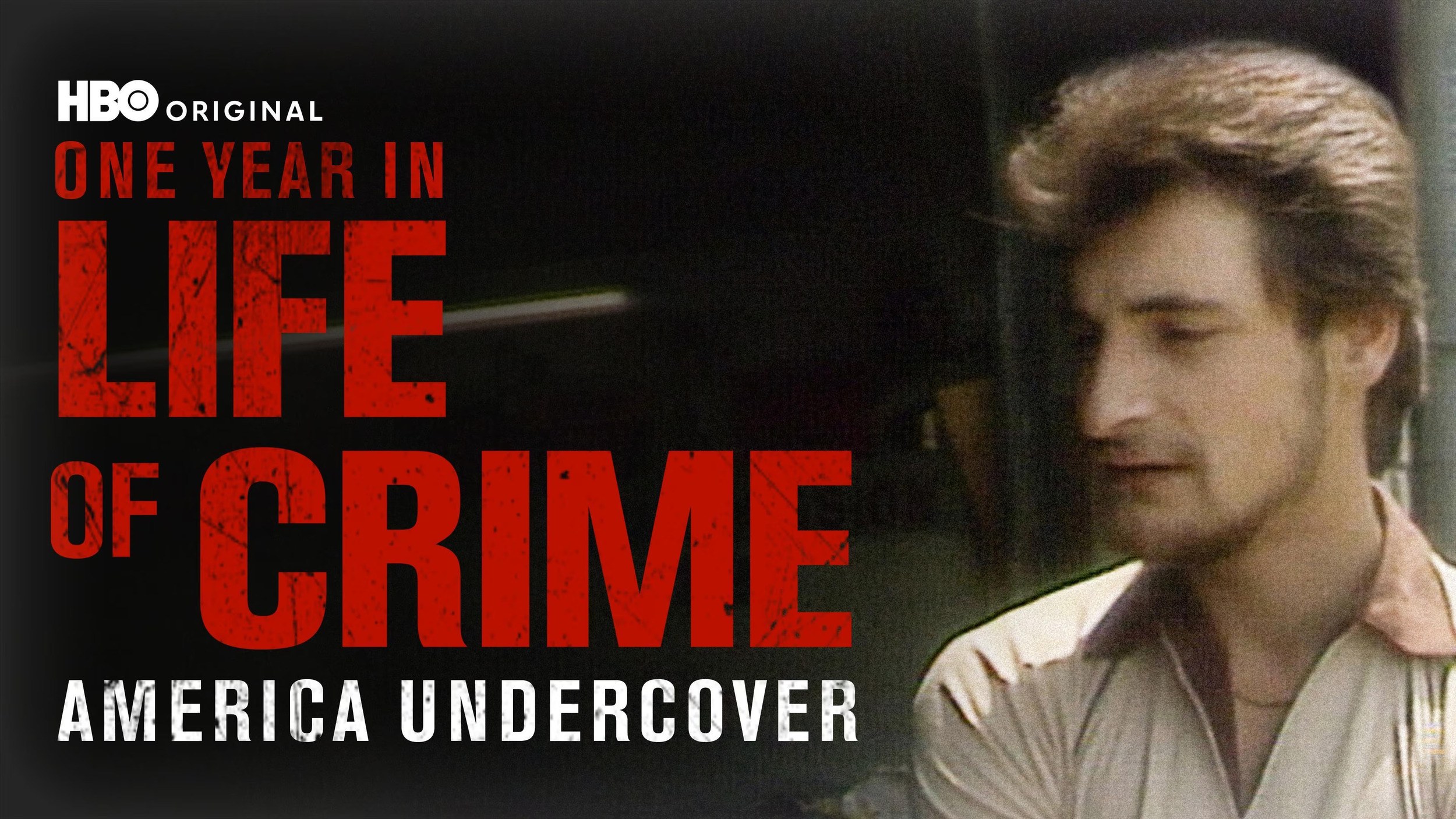
There are numerous eras in TV that are worth noting, but the golden age happened primarily because of HBO — namely The Sopranos broke all the rules and helped shaped the difficult white protagonist theme in TV shows for the next fifteen years. HBO may not have the ’27 Yankees line up it once did, but its still pound for pound one of the best fighters in the TV game. Basically because it prints money and obtains what it wants. Game of Thrones, blessed with being born inside the social media era (something Sex and the City, The Wire or The Sopranos didn’t have) will probably go on to aesthetically be HBO’s most popular show ever.
(Side note: If you see a TV executive walking down the street, give them a hug, fam. Do you realize how hard they had to work to promote a show on a premium channel with extremely mature content? I remember when the biggest thing Sopranos could do was for the Simpsons to have shirts in their image. Now, 10 million people will live-tweet The Walking Dead on a Sunday just because. That’s some, “in my day we walked five miles in the snow, uphill, both ways” type of shit.)
So yes, I’ve been watching HBO for a really long time. I’ve loved it without conditions and I’ve left it for long stretches (yeah, when they had the nerve to call Hung a comedy, I had to tap out). But there is something about HBO that I miss that hasn’t really come back. When HBO was straight up weird.
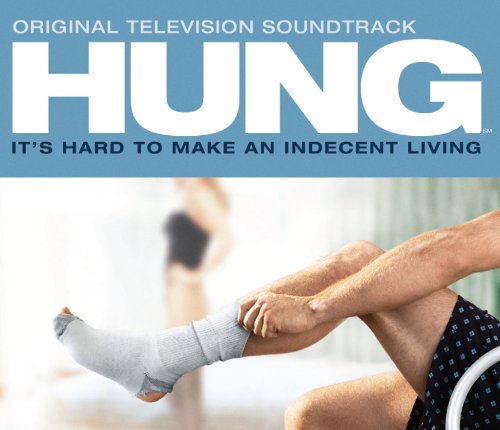
Before they were the TV capital of the world, HBO was just out there shooting questionable jumpshots and trying to find the range. They threw all the pasta at the wall. They knew they had the shows that would get them ratings, but HBO used to take their most obscure stuff and put them up front. In the early and mid 90s, before scripted TV was the New Black, HBO was making its living with often hard-hitting, but sometimes unusual documentaries. The one show who’s legacy would continue for a couple of decades would be the Real Sex series (shoutout to the Punany Poets) as it can probably hold some responsibility for making the idea of ‘fetish’ a more mainstream concept during the ’90s. But everything changed when HBO got into the scripted business with its show Oz.
Oz changed the game, in a few ways. It was an hour long drama on a pay-for-play network with no earthly tether to censorship whatsoever. Most folks will probably remember Oz as a pretty standard prison drama, but here’s the thing, there was no such thing as a standard prison drama before Oz. All the little quirks that have made Orange is the New Black so popular, character-driven stories that interweave, transformation of characters in and out of jail, and flashbacks that show you either how the inmates got there or what they were like before jail were all being done back in 1997. And while other aspects of the show seem mainstream now, Oz was also a pretty weird and experimental show as well. They attempted to inject a lot of artistic motion into the direction with the dedicated narrator, the 3D analogies (I remember Harold Perrineau in his wheel chair, spinning vertically while he spoke about how prison keeps your loyalties spinning). More than a couple of times, a hardened criminal broke into song. You know, between someone getting shivved or sexually assaulted. Now, not everything worked and the last season of Oz was pretty much the scene from the fugitive when the train hits Harrison Ford’s prison transport bus, but they weren’t afraid to just go left, when they could’ve been a very standard “here’s what crazy shit happens in prison” kind of drama.
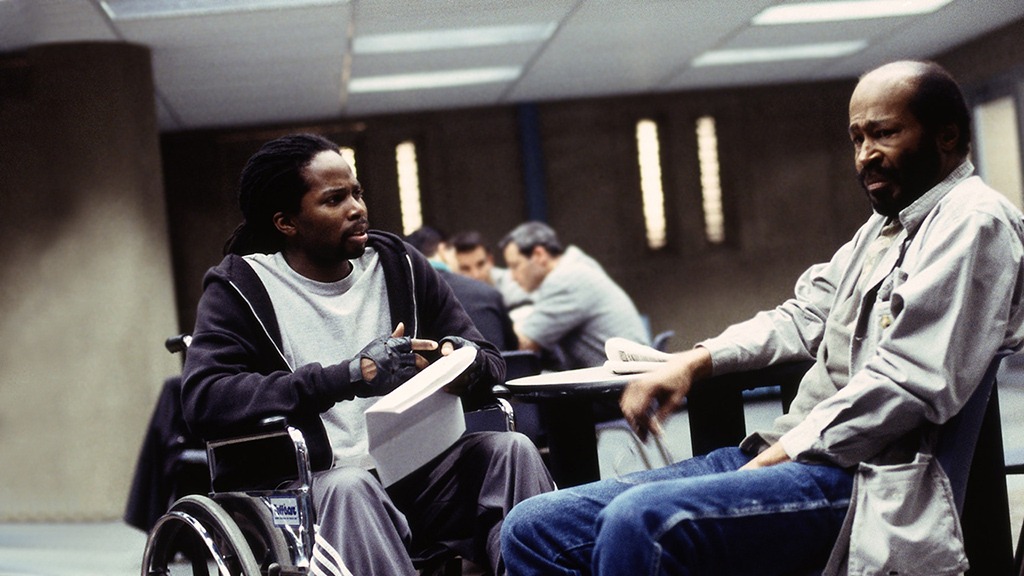
But again, not only did Oz start the golden era of TV drama that we enjoyed for almost 20 years, but it gave HBO some rope as far as how obscure it could be with its shows as well. Not only did Oz do great for them, it did great for them at a prime-time slot, so that means they didn’t have to put the weird shit on at 11pm or 2am anymore. In 2001, probably HBO’s most ambitious show up to that time, Six Feet Under, dropped. Again, on the surface, typical drama — family dealing with loss — even though they are in the business (as a funeral parlor) of dealing with other people’s loss all the time. But yo…Six Feet Under was anything but conventional. It often felt like the abstract visuals and analogies were more inline with the real narrative than the actual sections that were rooted in normalcy.
And I think that was the point: Six Feet Under was trying to say that life is abhorrently strange and the miserable lives of the people it followed would suffer when they denied that. Sure, all the characters had that “I’m gonna yell at someone at least once an episode” type of emotional component to them, but it really would dive into the surreal aspects of human behavior and emotions. I mean, fam, in the Season 2 premier, Nate is drifting in purgatory during a brain surgery and watches the personification of Life and Death have sex with each other (with “life” being a large Black Woman, as it should be). Brenda was a sex addict and cheated on her fiance (Nate) in a threesome with two teenage boys. Don’t even get me started on the Lisa character and how the show bravely dealt with the bizarre and rewarding storyline of her disappearance. Six Feet Under and by extension, HBO embraced its weirdness there to great success.
And then there was Carnivale that debuted in 2003 and lasted two seasons. If you want to know what ambitious and non-linear storytelling looks like on a master level, drop in for 24 episodes of Carnivale. Warning, you won’t know what the fuck you just watched when you’re done. But rinse and repeat (because you still enjoyed it) and things will be come more clear the second time around. But the story of Good vs Evil with the backdrop of the Dust Bowl era of Americana is anything but conventional. Anything but a straight line. And it is glorious. I still can’t believe that this show was in a prime-time slot for HBO. Not because it wasn’t worthy, but because it was so, fucking, out there.
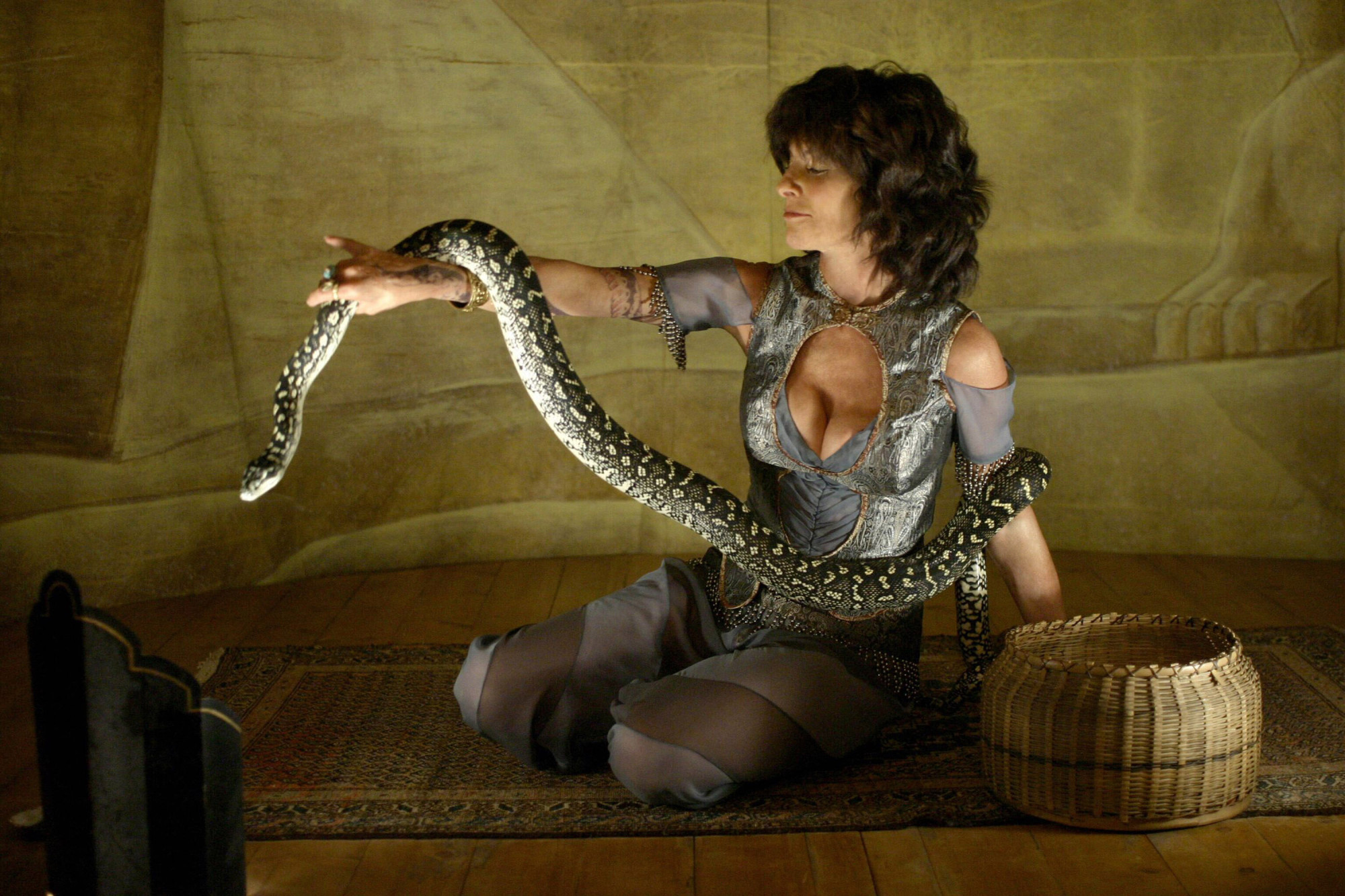
But that was “back in the day” HBO. Before The Wire starting gaining “this could be one of the best shows ever” status (which probably didn’t happen till midway through season 4 in 2006). Big Love came around in 2006 and the story of a polygamist and his large family definitely could’ve played it a lot stranger, but it was a pretty by the book, spinning plates drama. Entourage was its most popular comedy and besides being the Jeremy Piven show, was just a typical “rich kids gonna do what rich kids gonna do” 30-minute binge. They tried to hold some weirdness with Bored to Death but it was, ahem, pretty damn boring. By the time we got to the end of the 2000s, HBO had traded in obscure for outrageous (Eastbound and Down) and weird for campy (True Blood).
What caused the change? Maybe it’s just the cyclical nature in how we digest our TV or just because HBO has found a formula to get ratings, or maybe because they tried to go full weird with John from Cincinnati and it failed so horribly as it replaced Deadwood (STILL pissed about that). But now, when HBO green-lights a show that seems outside of the box, it seems strange for the sake of being so (like The Leftovers or when HBO thought going outside of the box would be following a dwarf in known actor Warwick Davis).
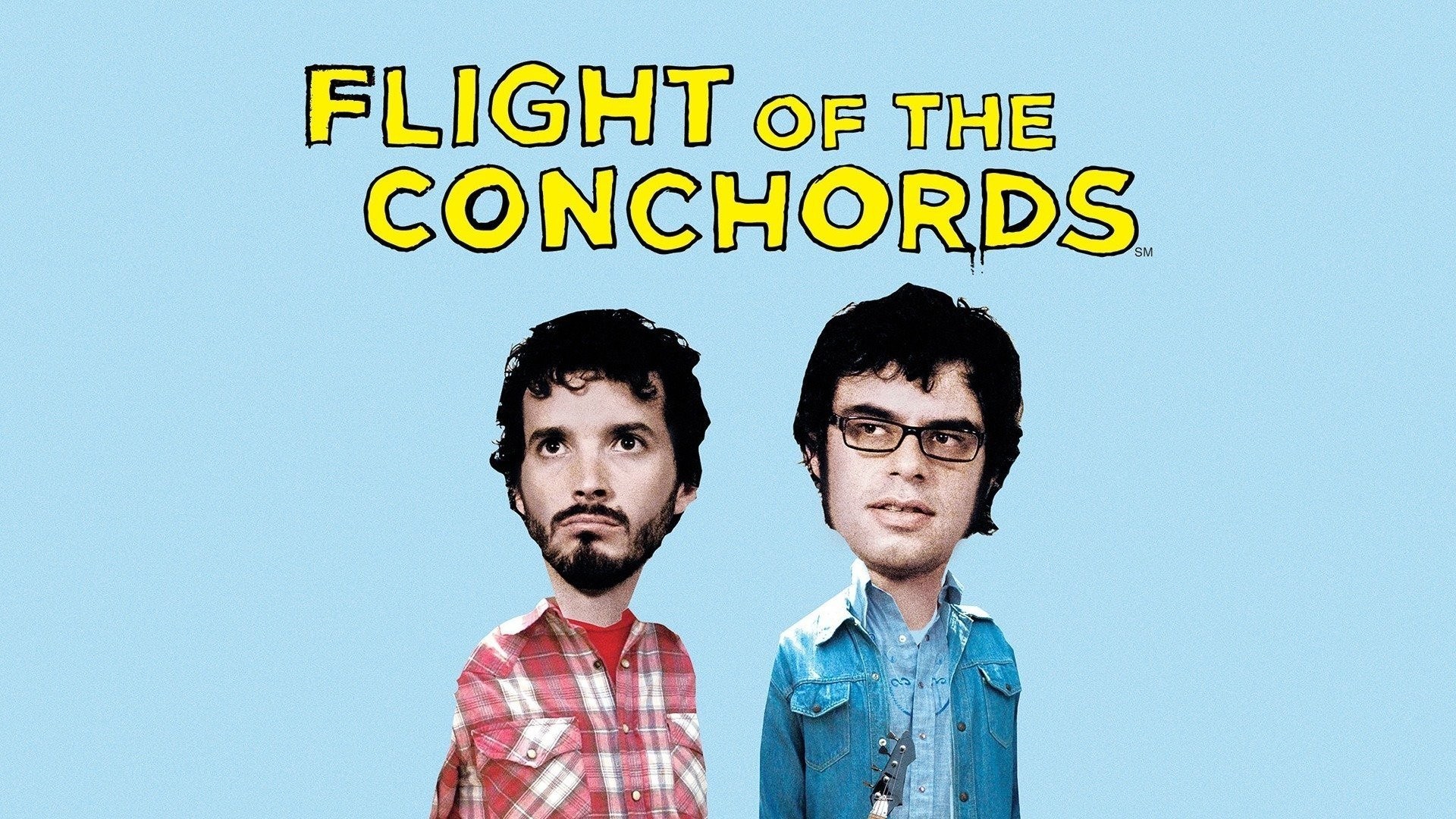
We get flashes from time to time, like the first season of True Detective, or Flight of the Conchords. But the difference between True D season 1 and 2 is a great metaphor for what HBO has become. Deathly serious and lacking real experimentation. Even Game of Thrones, which has license to be the weirdest show on TV, had to ground itself to become the mainstream hit that it is. Strip away some undead and the occasional dragon, and Game of Thrones is basically a Tudor-era drama. It’s an extremely good one, but pretty streamlined one nonetheless. HBO still gives us greatness and that shouldn’t be ignored. But it is a lot more by the book now and surprising us less and less.
Are you following Black Nerd Problems on Twitter, Facebook, Tumblr or Google+?


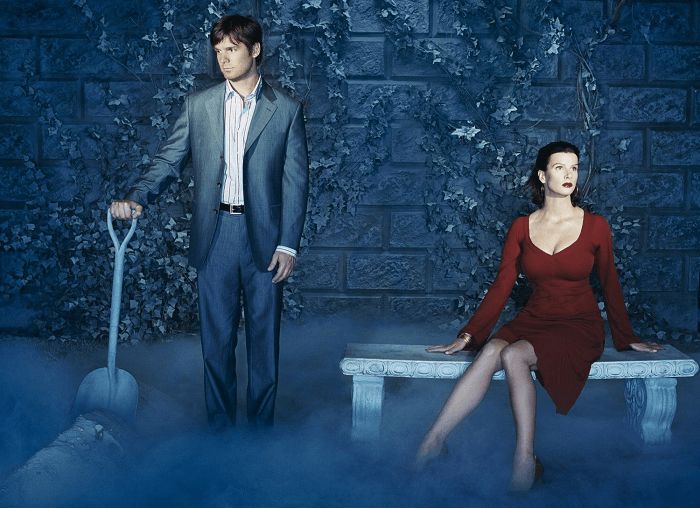
Show Comments